- About
- Key Issues
Labor & Rural Policy
Sustainability
Animal Health
Nutrition & Food Safety
Labeling & Standards
- Programs & Resources
- Advocacy
- News
- Membership
- Events
- Stay Informed
- Contact
GreenGold Dairy
Nehalem, OR
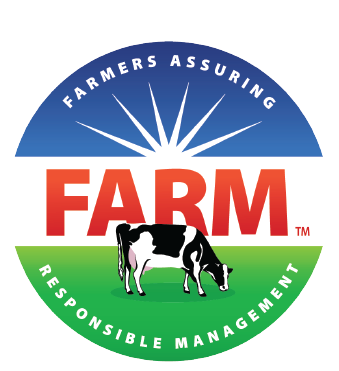
There’s an adage that says, “If you’ve seen one dairy, you’ve seen one dairy.” From different climates, to facility types, to technology use, even to the breed of cows, no two dairies are the same.
At GreenGold Dairy, in Nehalem, OR, the Cowan family embraced the mild Oregon climate, which provides green pastures most of the year. That allows Brad, Melody, Julian and Marika Cowan to operate a seasonal dairy, in which their 600 cows have access to about 550 acres of pasture for grazing; the animals are outside as much as the weather permits. The Cowans have found success with the approach, in which most of their cows are dried off in the winter, and peak milk production aligns with when the farm has peak feed and resources.
“We’re lucky that we get to be in this climate and can farm the way we farm, but this approach doesn’t work for everyone,” Marika Cowan said. Whether it’s neighbors down the road or a dairy farmer a different region, Cowan said producers need to find what is a “healthy, sustainable system for their cows.”
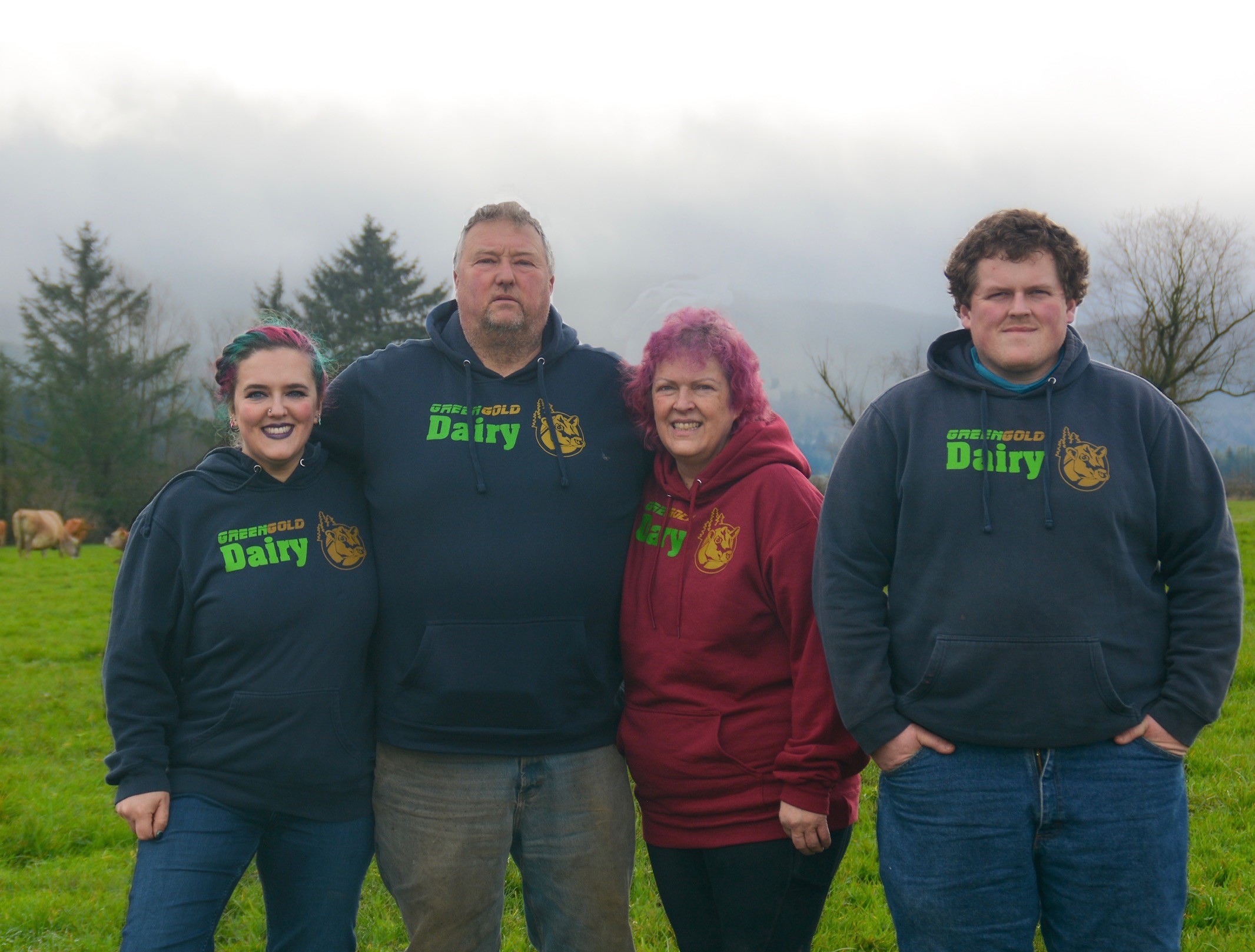
Diverse practices accommodate the unique challenges and opportunities of different regions. That’s why the National Dairy FARM Program Animal Care standards remain size- and facility-neutral, so that dairies of all sizes and across all geographic regions and climates can still provide excellent care for their cows.
Even the way dairy farmers view themselves can be different, Marika said. While her brother sees himself as a dairy farmer, her dad sees himself as “a grass farmer who uses cows to harvest his crops,” she joked. That said, she said she believes that however producers view themselves or choose to run their dairies, they need to support one another.
“We’re becoming a smaller and smaller community, and being able to rely on each other to support each other, even if somebody is not doing things the way you would do them, is important,” Marika Cowan said.
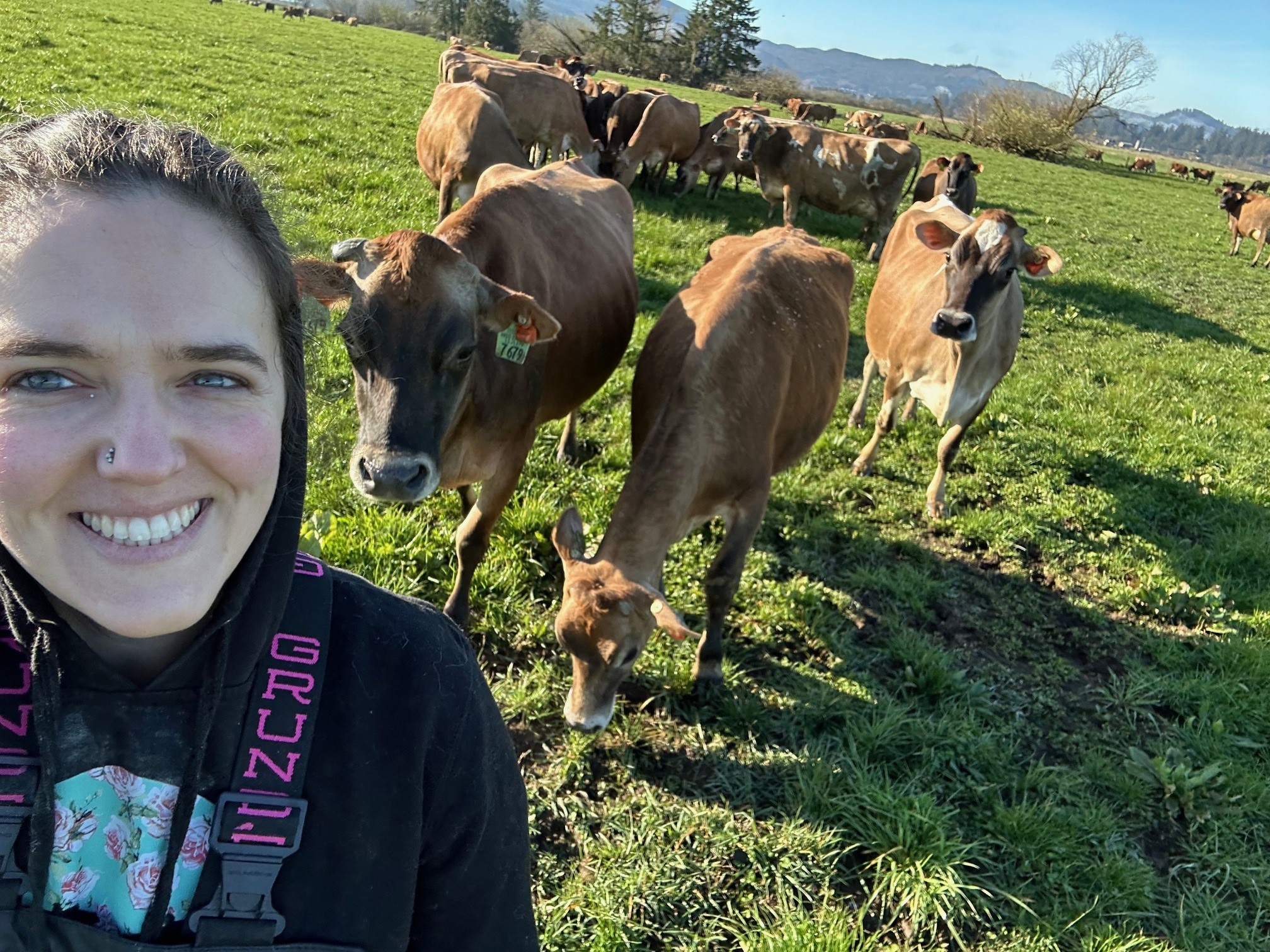
Part of supporting other dairy farmers also is advocating for the industry, she said. “Every farmer is going to have to be an advocate for themselves and for their industry,” Cowan said. “As people are getting more removed from agriculture, we need to have something that helps people understand where their food’s coming from.”
One of the best—and most fun—ways Marika advocates for the dairy industry is talking to people at her local county fair, she said. She also actively participates in her cooperative’s Young Cooperators program, as well as NMPF’s National Young Cooperators (YC) program. Marika participated in the NMPF YC Fly-In this past June, meeting with her representatives on Capitol Hill to talk about pressing dairy issues. One issue that really stuck with her and that she tried to educate her representatives about, she said, is plant-based alternatives. Nutritional differences have led to increases in childhood diseases and nutrition deficits – an issue lawmakers need to understand, she said.
“It’s sad that it’s taking a public health crisis to do something about it, but it’s so important that consumers know what they are getting — or in this case, not getting,” she said.
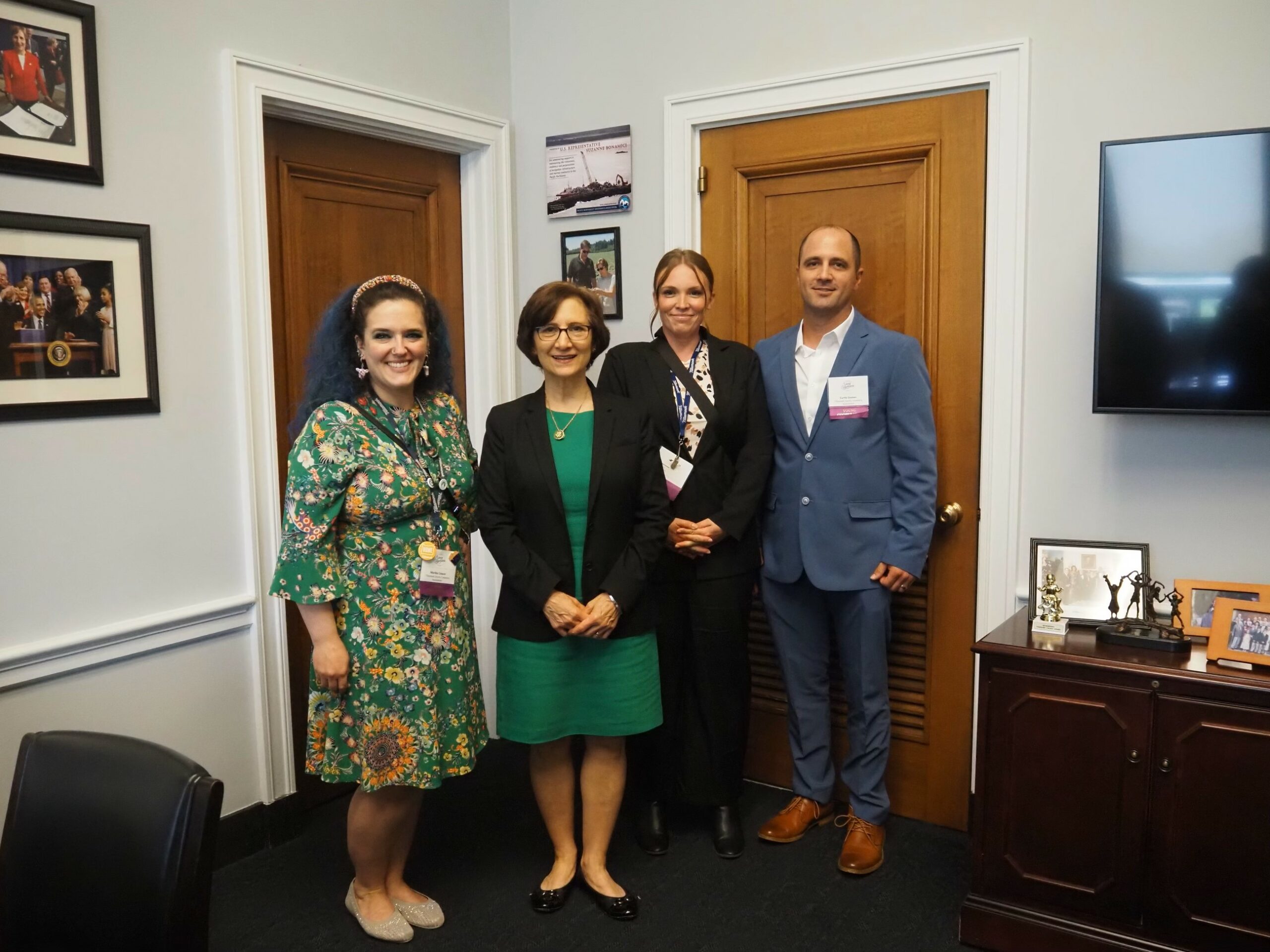
For Cowan, producing “nature’s most perfect beverage” is the best job, and she hopes other farmers can be confident in their work and not be afraid to tell their stories to consumers, politicians, and fellow dairy farmers.
“We make a much-needed product, our food is good, it’s safe, it’s needed on a global scale and — even though people forget where their food comes from — we’re still here, and we’re people who can really take pride in making the best food.”